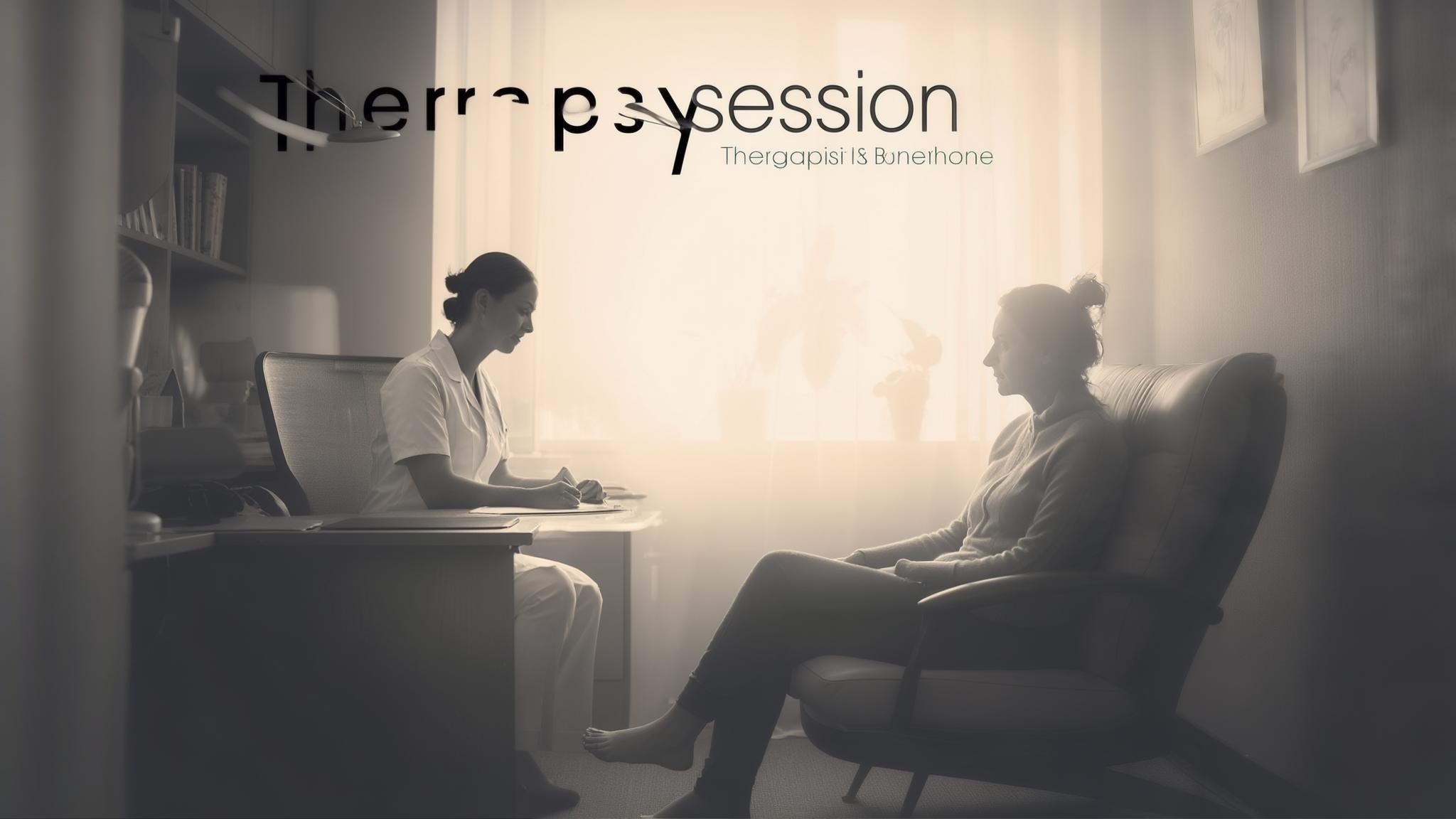Introduction
Relationships are complex, and it's not uncommon for couples to face challenges at various stages of their partnership. Studies show that nearly 50% of marriages end in divorce, highlighting the prevalence of relationship difficulties in modern society. This article aims to provide readers with a comprehensive understanding of couples counseling, including the benefits, processes, and potential outcomes. Couples counseling can be a transformative experience for partners seeking improvement in their relationship, equipping them with tools and strategies to navigate their challenges effectively.
Section 1: Understanding Couples Counseling
1.1 Definition of Couples Counseling
Couples counseling, also known as couples therapy, focuses on assisting partners in resolving conflict and enhancing their relationship quality. Unlike individual therapy, which targets personal struggles, or family therapy, which may involve multiple family members, couples counseling is specifically tailored to the dynamics between the two partners.
1.2 Common Reasons Couples Seek Counseling
Couples often seek therapy for several reasons, including:
- Communication Issues: Difficulty expressing feelings or understanding each other.
- Infidelity and Trust Issues: Struggles following breaches of trust.
- Financial Stress: Disagreements over money management and spending habits.
- Parenting Challenges: Conflicts regarding child-rearing decisions.
- Life Transitions: Adjusting to significant changes such as marriage, divorce, or relocation.
1.3 Benefits of Couples Counseling
Engaging in couples counseling can yield numerous benefits:
- Improved Communication Skills: Learning to express thoughts and feelings effectively.
- Enhanced Emotional Connection: Building intimacy and understanding each other on a deeper level.
- Conflict Resolution Strategies: Developing methods for handling disagreements constructively.
- Greater Understanding of Partner’s Perspective: Gaining insights into each other's viewpoints and emotional needs.
Section 2: The Counseling Process
2.1 Initial Consultation
In the first session, couples can expect to discuss their reasons for seeking counseling, set goals, and outline their expectations. This initial meeting often helps establish rapport with the therapist and sets the tone for subsequent sessions.
2.2 Assessment Phase
During the assessment phase, therapists may use various tools and techniques to evaluate relationship dynamics. Understanding each partner's history, attachment styles, and relational patterns is crucial in establishing a foundation for therapy.
2.3 Therapeutic Techniques
Common therapeutic approaches in couples counseling include:
- Emotionally Focused Therapy (EFT): Aims to foster emotional responsive behavior between partners.
- Cognitive Behavioral Therapy (CBT): Focuses on identifying and altering negative thought patterns.
-
Imago Relationship Therapy: Helps partners understand their relationship patterns and conflict by exploring childhood experiences.
These techniques guide couples toward healthier interactions and deeper understanding.
2.4 Session Structure
Typically, couples counseling sessions last about 50-60 minutes and may occur weekly or biweekly. During these sessions, therapists facilitate discussions, engage couples in activities, and encourage open dialogue about their feelings.
Section 3: What to Expect in Therapy
3.1 Emotional Reactions
Counseling often elicits strong emotional responses, including vulnerability, anger, and relief. Creating a safe space for partners to express their feelings is essential for productive therapy.
3.2 Homework and Assignments
Therapists may assign tasks or exercises to reinforce lessons from sessions. Common homework assignments include:
- Communication Exercises: Practicing active listening and expressing needs.
- Journaling: Reflecting on personal feelings and partner interactions.
3.3 Progress Monitoring
Progress in therapy is often measured through open communication and feedback between partners and the therapist. Regular check-ins allow for adjustments to the therapeutic approach as needed.
Section 4: Challenges and Misconceptions
4.1 Common Misconceptions About Couples Counseling
Some misconceptions can deter couples from seeking help:
- "Counseling is only for couples in crisis." While it can help during a crisis, many couples benefit from counseling proactively.
- "Therapists take sides." A trained therapist maintains neutrality and focuses on fostering understanding.
- "It’s a quick fix." Therapy is a process; improvements take time and commitment.
4.2 Potential Challenges
Couples may encounter several challenges during therapy, such as:
- Resistance to Change: One or both partners may be hesitant to make necessary changes.
- Emotional Discomfort: Conversations can prompt discomfort or distress.
- Unrealistic Expectations: Couples might expect immediate solutions rather than a gradual process.
Section 5: Conclusion
In summary, couples counseling provides a structured and supportive environment for partners seeking to improve their relationship. By understanding the counseling process and maintaining realistic expectations, couples can embark on a journey toward growth and healing. If you're considering counseling, we encourage you to take that important first step toward enhancing your relationship.
Call to Action
Reflect on your relationship and consider whether counseling could be beneficial for you. Resources for finding qualified couples counselors include websites like Psychology Today, the American Association for Marriage and Family Therapy, and various local mental health hotlines.
References
- American Association for Marriage and Family Therapy.
- Psychology Today.
- National Institute of Mental Health.

